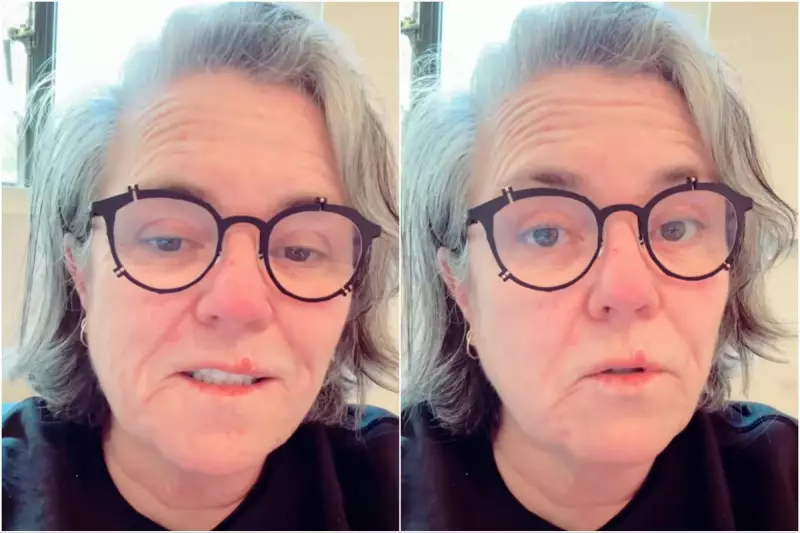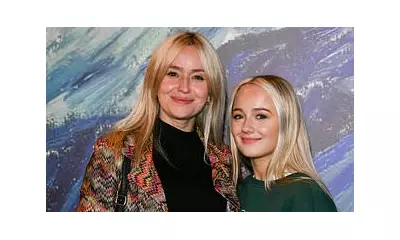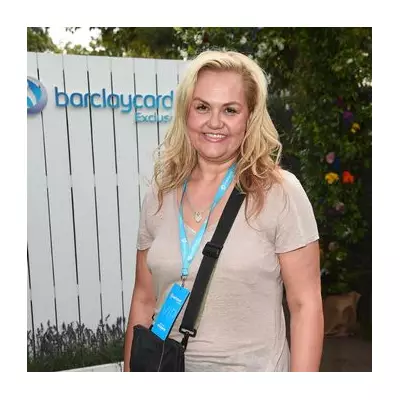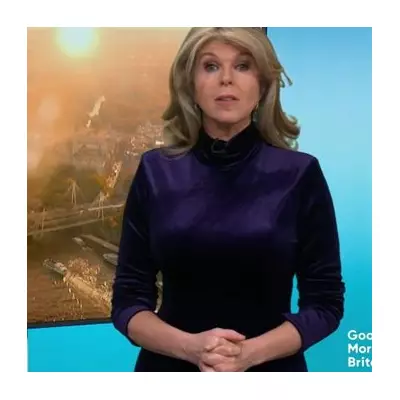
Comedian and actress Rosie O'Donnell has found herself at the centre of a social media firestorm after making explosive and inaccurate claims about the identity of the Minneapolis school shooter.
The incident unfolded after a tragic shooting at a Minneapolis educational institution, prompting O'Donnell to take to Twitter with unfounded allegations. In a since-deleted post, she directly implicated a 'white supremacist' as the perpetrator, a claim that was swiftly disproven by official police reports.
Minneapolis Police Chief Brian O'Hara later confirmed the devastating truth: the shooter was actually a 17-year-old Somali student who took his own life after wounding two staff members at the Academy for Arts & Technology. The victims, both adults, were transported to hospital with non-life-threatening injuries.
O'Donnell's premature speculation drew immediate condemnation from social media users and public figures alike, who accused her of irresponsible commentary and spreading misinformation during a sensitive time.
Facing mounting pressure, the Emmy Award-winning star issued a public apology, stating: 'I deleted my tweet - it was based on misinformation - I apologise for the error - may all involved find peace'.
This incident highlights the ongoing challenge of misinformation spreading on social platforms during developing news situations, particularly involving sensitive topics like school shootings and racial motivations.
The controversy serves as a stark reminder of how quickly unverified claims can circulate online, and the responsibility public figures carry when commenting on tragic events before official facts emerge.





